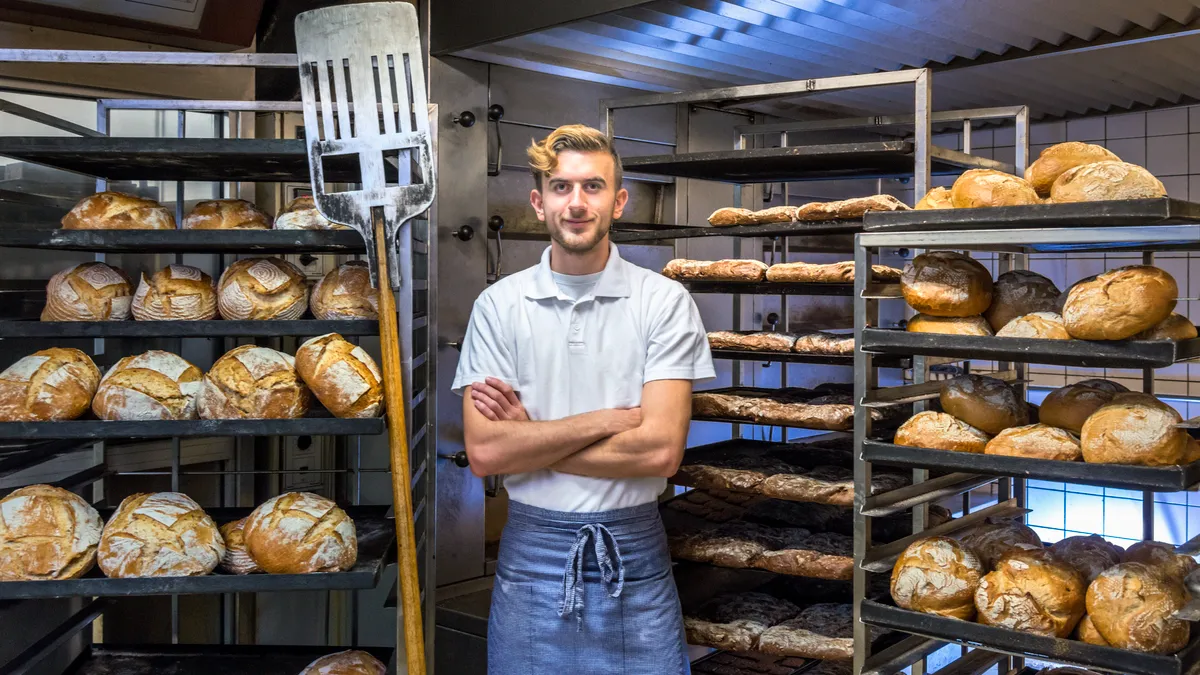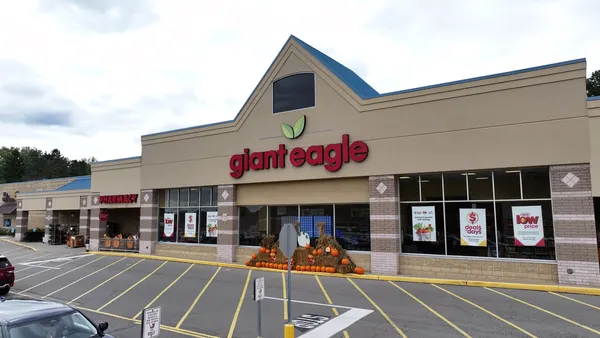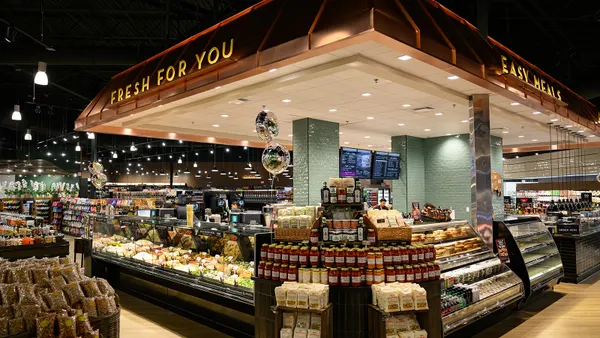Retailers seeking to compete in today’s tight labor market are approaching the challenge from multiple angles.
It has become table stakes for retailers to offer competitive wages and benefits to attract and retain workers in the current environment. In addition, many retailers are also rethinking their operations to streamline workflows and generate more labor productivity, often using technology such as automation or robotics.
Labor challenges affect the whole store, especially production and service-intensive departments such as bakeries.
“Recruiting and retaining employees has been and will continue to be a top challenge,” said Katie Juhl, director of marketing and communications at the American Bakers Association(ABA), citing research from ABA and the American Society of Bakers.
The 2022 Workforce Gap in U.S. Commercial Baking: Recruitment and Retention Challenges and Best Practices report found that the top challenges bakeries face in recruiting workers included:
-
Finding talent — Bakeries report difficulties identifying talent pools for needed positions and candidates with requisite skills.
-
Branding — Making bakery manufacturing appealing to qualified candidates is difficult, and candidates also lack awareness around career opportunities in the bakery industry.
-
Salary/benefits — Candidates prioritize cash compensation and don’t fully value nonmonetary company benefits, which could include things such as flexible scheduling and career development opportunities.
When it comes to retention, compensation was also a top challenge, according to the survey, along with first-year retention issues, burnout due to understaffing, a difficult work environment and pandemic-related issues such as child care and safety concerns.
Retail bakeries face many of the same obstacles to recruitment and retention, and more retailers are exploring opportunities to streamline processes and incorporate automation to create a better work environment and free up staff to focus on customer-facing tasks.
Consulting firm McKinsey & Co., in a recent report on the grocery labor market called “Crisis or opportunity? How grocers can win the talent war,” said automated technologies would play an increasingly important role in helping with day-to-day, menial responsibilities of workers. This will, in turn, create more opportunities for employees to interact with customers and provide higher levels of service.
Examples of these technologies include digital tools that automate inventory orders, as well as various robotics and other machinery that add efficiencies throughout the store, such as label printers in the service departments and machinery that assists in packing products made or processed on-site.
How automation is boosting productivity
Jim Warren, chairman of the Bakery Equipment Manufacturers Association and a vice president at Reading Bakery Systems, said more and more modern equipment reflects the labor limitations of today’s bakeries.
“Machines and systems are now designed with automation and flexibility in mind,” he said in a recent interview with Baking Business. “Bakers want to run production lines without having to rely on a large workforce, and they want to be able to run a variety of products on one system.”
Bruce Cox, director of strategic accounts at Kwik Lok, a global manufacturer of bag closures and labor-saving machines that offer semi automated solutions closing bags, said the machines helped retail bakeries “do more with less.”
Kwik Lok’s Kwik Fresh 093 and 086 bag-closing machines can close up to 30 bags per minute, using closures fed in a strip and automatically snapped into place to close plastic bags containing finished bakery products.
“We can help the staff spend more time baking and being in front of customers and get their bag closing done more quickly and more efficiently,” Cox explained.

What to look for in automated machinery
Retailers need to invest strategically in automation to support their operations. Considerations of ease of use, cost effectiveness/ROI — including durability, ongoing maintenance requirements and the proven reliability of the machinery supplier — should all be factors in packaging partnerships. Working with reliable, proven suppliers ensures that their expertise and ongoing support will be available as you incorporate automated solutions into your operations.
Automation can also make the workplace safer and more appealing to employees by eliminating some repetitive tasks. For example, the Kwik Fresh 093 and 086 have the potential to reduce repetitive stress injuries because the machines themselves apply the bag closures automatically, minimizing the strain on workers.
Kwik Lok’s solutions are also cost effective, Cox explained. For retailers considering bakery automation technologies, these solutions do not always require large, risky investments. Smaller investments can still contribute significantly to operational efficiency.
The relatively small footprint of Kwik Lok’s machines also makes it easy for retail bakeries to find space to use them on a tabletop or counter.
The key difference between the two machines is that the 086 can print dates on the closures, which can help with traceability and product rotation.
Sustainable solutions
Consumers are increasingly demanding more accountability from companies and retailers around their environmental sustainability practices.
Kwik Lok’s automated solutions can help retailers make their operations more environmentally sustainable. Both the Kwik Fresh 093 and 086 bag-closing machines, in addition to using Keik Lok’s standard bag closure clips, can also use Kwik Lok’s its environmentally friendly Eco-Lok and Fibre-Lok clips, which are made from materials that contain less plastic and no plastic at all, respectively. They provide a simple way for retailers to incorporate more sustainable practices into their operations.
For more information about the complete line of products available from Kwik Lok, including closures, semi automated bag-closing machines and printers, visit www.KwikLok.com.










